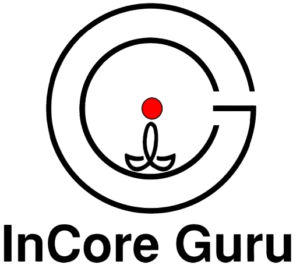- +91 8586 82 4525
- info@incoreguru.com
Industries Served / Sports & Recreation

These services help clients navigate the unique legal challenges of the sports industry, protect their interests, and ensure compliance with governing bodies while promoting fair competition and athlete welfare.
The Sports & Recreation sector encompasses a wide range of industries focused on providing goods, services, and experiences related to sports, fitness, leisure, and entertainment. This sector plays a crucial role in promoting health and well-being, fostering community engagement, and contributing to economic development through sports events, recreational facilities, and associated businesses. Below is a detailed exploration of the Sports & Recreation industry:
This sector is diverse and includes various segments, each playing a distinct role in fostering physical activity, competition, and leisure:
Professional sports leagues and teams form a significant part of the industry. These organizations are responsible for organizing competitions, promoting sports, and providing entertainment to millions of fans worldwide. Major sports leagues include:
Professional sports also contribute to the economy through media rights, sponsorships, merchandising, and ticket sales.
This segment includes a wide range of activities that people engage in for leisure, fitness, and well-being. It comprises:
These activities contribute to both personal health and community cohesion, with local parks, gyms, and sports clubs serving as important social hubs.
The sports and recreation sector heavily relies on the production and sale of equipment and apparel. Major brands like Nike, Adidas, Puma, and Under Armour dominate the market, producing products such as:
Technological advancements in materials and design have led to an evolution in sportswear, with a focus on enhancing performance, comfort, and sustainability.
Sports venues, ranging from large stadiums to local community centers, are integral to the sports and recreation sector. Key components include:
Event management firms specialize in organizing sports competitions, marathons, and fitness events, creating memorable experiences for participants and spectators.
eSports (competitive video gaming) has emerged as a significant player in the sports and recreation industry. With millions of participants and viewers globally, the sector includes:
eSports have led to new revenue streams through sponsorships, media rights, advertising, and merchandise, paralleling traditional sports leagues.
The broadcasting and media side of the industry is responsible for delivering live events, sports news, and entertainment to fans. Major players include:
Sports broadcasting rights are highly lucrative, with leagues and organizations earning billions through partnerships with media companies.
The sports and recreation industry is evolving rapidly, driven by technological advancements, changing consumer preferences, and growing awareness of health and well-being. Key trends include:
As the world becomes more environmentally conscious, the sports industry is adapting by implementing sustainability initiatives:
With the increasing importance of physical and mental health, the fitness and recreation industry is shifting toward holistic well-being:
There is a growing push toward making sports and recreation more inclusive and diverse:
Consumers are demanding more personalized and flexible experiences:


At Incore Guru, our aim is to help businesses in managing and create intellectual property (IP) and provide comprehensive IP solutions for every aspect of conducting business in the knowledge economy.
C165 Sarvodaya Enclave New Delhi 110017 INDIA
101 Tilak Path CMR Point #101 INDORE 452007 INDIA
